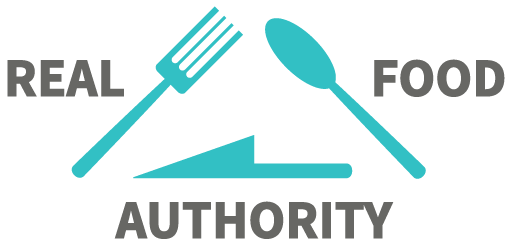Some great tips from Food & Nutrition blog!
The holiday season is part of our life! It’s a time to celebrate, a time to spend with friends and family, a time to enjoy, a time to feel good about, and a time to make memories. So placing this dark cloud over it sends the wrong message. I also think the diet industry really overemphasizes holiday weight gain and this sense of the holiday season equating to a “bad track.” So I am hoping to relieve any anxiety over the holiday season in terms of food that you may have. Let the holidays integrate into your life and you can absolutely maintain your healthy lifestyle during it and I would encourage you to do so too!
Here are my tips:
- Get enough sleep (7 to 8 hours) most days. And if you stay up later than normal hanging out with friends or talking on the porch with your dad then guess what — you are going to have some good memories from that time spent together and the next day you can get that eight hours of sleep. Your body will recover. However, it is harder to recover if day after day after day you are sleep deprived so make this a priority most of the time when you can.
- Keep exercising! And exercise to celebrate what your body is capable of doing. Exercise to challenge yourself, to feel good, to feel energized, to feel strong, to feel confident, to feel accomplished. Don’t exercise to work off what you ate. There are major differences between these two mindsets.
- Know that if you have an extra piece of pie then it’s OK. And if you eat more in one sitting than you typically do then that’s OK too — your body will do its thing; it will digest the food and you will get hungry again. So don’t feel guilty and don’t feel anxiety over these choices. Have the pie if you want the pie. And if you don’t, then that’s OK too.
- If you view the holidays as a time to binge then perhaps reflect on why. My thought is being too restrictive over time will lead to binges. So to prevent this, make sure your lifestyle is balanced, meaning if you want the pie on a non-holiday than that’s OK too.
- Know that it comes down to what you do most of the time that truly impacts health. Finding an eating pattern that you enjoy and also makes you feel healthy and energized is what is sustainable. I’ve personally found a predominantly plant-based diet makes me feel the best. And bonus — it is good for the environment and our health. So I still include these foods that make me feel good throughout the holiday season.
- Start now. There is no better time than now to eat well and feel good. Don’t wait until the new year to work on goals you have. Start now. Start where you are. And make it consistent.



















